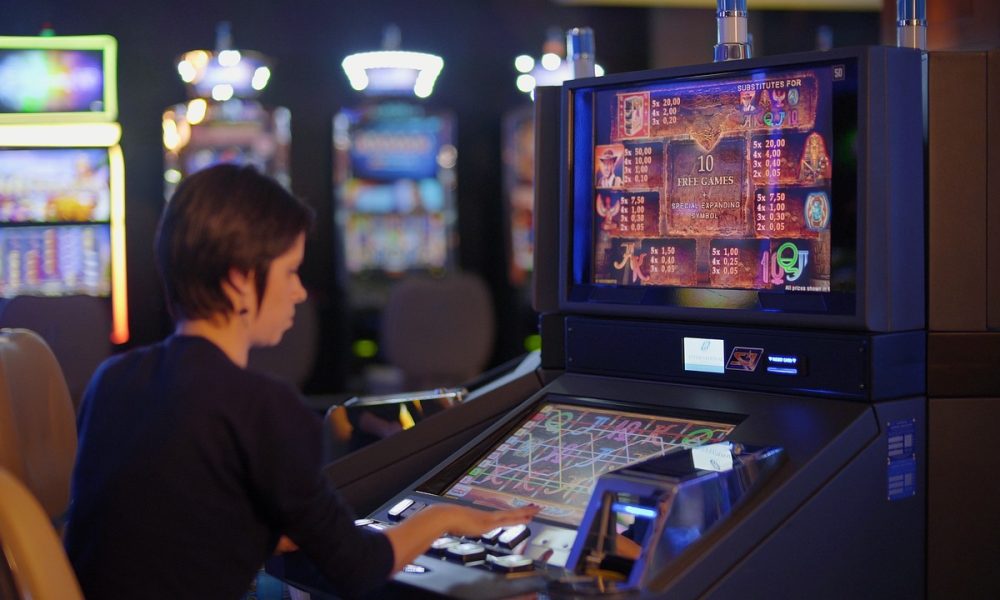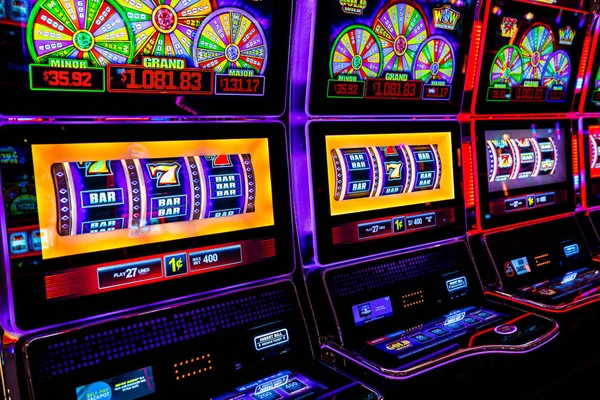
The Connection Between Electronic Gaming Machines and Addiction
Electronic gaming machines and geng138, often found in casinos and entertainment venues, have a complex relationship with addiction. These machines are designed to be visually appealing and engaging, featuring bright lights, enticing sounds, and an array of themes that capture players’ attention. As individuals play, the experience is not just about chance; it involves psychological mechanisms that can lead to compulsive behavior and dependence.
The thrill of slot gacor lies in their unpredictability. Players are drawn to the excitement of potentially winning, and each spin creates a sense of anticipation. This feeling is amplified by the variable reward schedule inherent in the games, where wins are sporadic and unpredictable. This schedule can trigger a powerful psychological response similar to that seen in various forms of addiction, including substance abuse. The intermittent reinforcement reinforces the desire to continue playing, as individuals hope that the next round will yield a significant reward.
Moreover, the design of these machines often incorporates features that keep players engaged longer. Features such as bonus rounds, free spins, and progressive jackpots create an immersive experience that can distract individuals from the reality of their spending. Many players find themselves entranced by the gameplay, losing track of time and money. This phenomenon is exacerbated by the convenience of access to these machines in multiple settings, making it easy for individuals to indulge frequently.

Social factors also contribute to the potential for addiction. Many people view time spent at these machines as a form of entertainment, often leading to a casual approach to playing. Social gatherings centered around these machines can create a communal experience that normalizes frequent play. Additionally, advertisements and marketing strategies often glamorize the experience, portraying it as a fun and exciting activity rather than a potential risk for problematic behavior.
The emotional aspects of engagement with these machines cannot be overlooked. For some individuals, the experience of playing offers an escape from daily stressors and challenges. The temporary highs associated with wins can lead to a cycle of seeking that emotional relief. However, as players encounter losses, they may feel compelled to chase their previous wins, leading to further financial and emotional distress. This cycle can spiral out of control, making it increasingly difficult for individuals to step away from the machines.
Recognizing the signs of dependence is crucial for individuals who find themselves spending excessive time and resources on these machines. Signs may include neglecting responsibilities, withdrawing from social activities, and experiencing feelings of anxiety or depression related to play. Awareness and understanding of these indicators can help individuals take proactive steps to address their behavior.
Support systems, including counseling and support groups, can provide essential resources for those affected. Encouraging open conversations about the risks associated with electronic gaming machines can help reduce the stigma and promote healthier habits. Ultimately, fostering a culture of awareness and responsibility can help mitigate the impact of these machines on individuals and communities.
In conclusion, the relationship between electronic gaming machines and addiction is multifaceted, involving psychological, social, and emotional dimensions. Understanding these connections can empower individuals to make informed decisions about their engagement with these machines, promoting healthier patterns of play and reducing the risk of dependence.
